Summary
Below, we’ve compiled a list of considerations as a prerequisite for shopping at our online store. We think it would be good for every retailer and online store to have a sign or public service announcement similar to this one. Contact us with any suggestions for improving this list. Before going shopping, consider the following smart shopping guidelines to inspire frugal, ethical, local, and sustainable shopping.
- Buy Locally. Have you considered purchasing locally? It’s common for local stores to have items competitively priced with Internet stores like ours. Supporting your local merchants invigorates your community’s economy and it’s more social than shopping online.
- Buy Used. If you’re considering the purchase of something new, why not consider purchasing the item used? There are local and online sources for quality used items such as eBay.
- Avoid Debt. Are you using a credit card for a purchase because you don’t really have the money to buy whatever it is? Don’t increase your debt. Consider making a list of priority purchases and then only purchasing items you can actually afford.
- Ignore Discounts. Is your purchase being influenced by a sale or rebate rather than a present need?You’ll save more by not buying the item at all. Don’t be pressured by sales or discounts. By having a wish list that is prioritized, you’ll simply buy things that are already on your list. If they are on sale, then that’s great, but don’t buy something that wasn’t on your list just because it is on sale.
- Avoid Emotional Shopping. Are you considering a purchase because it will make you feel better? Did you know that much of the shopping people do is emotional shopping. Consider pursuing alternative activities that cost little or preferably no money at all such as: go for a walk in the park, exercise, do yoga, read a book, listen to music, take a bath, or meditate.
- Support Ethical Labor Practices. Consider the labor practices involved with the product or service you are paying for. When possible, support companies that promote Fair Trade or Community Trade practices. Keep in mind that most products we buy are only available through exploitative, oppressive, and inhumane labor practices. So, the best thing you can do is to reduce the quantity and frequency of things you buy. The other suggestions here will help.
- Support Environmental Sustainability. When you shop, rather than purchasing disposable products, consider purchasing products that can be recycled or reused. Even if it costs more, buy the best quality products for low maintenance, durability, and longevity. Be sure to buy products that are energy efficient (see the EnergyStar.gov website).
- Buy Convergence Devices. Most consumer electronics we buy are only available through exploitative, oppressive, and inhumane labor practices. Buy fewer products and buy them less frequently. Devices like the iPhone can help replace multiple devices since the iPhone can replace a PDA, GPS, mobile phone, camera, and other devices. So, products that offer convergence are a good choice. [More…]
- Shopping is Politics. To the extent that companies take a stand on political or social issues, make sure that your purchasing reflects your values. [More…]
- Prioritize Shopping. Have you prioritized your shopping list to be sure you are spending money and time on the items of highest priority first?
- Proactive Shopping. Waiting until you need something before buying it can be a good idea. However, it puts you in a position to pay whatever the price is at the time you need it. By proactively shopping, you are regularly examining what’s available and buying necessary items only when they are on sale. In this way, you aren’t buying out of compulsion because something is urgently needed. Instead, you are buying things when they are on sale, with a known future need for those items.
- Share. Could you purchase the item with several other people and share it? Typically, expensive purchases are the things in our life that we use the least. For example, let’s say you are purchasing a high definition video camera. Perhaps you could share the cost and the camera with friends.
- Shop Around. With any kind of shopping (online or offline) it’s a good idea to spend at least 10 to 15 minutes to find out what the going price is for a product. Our prices are usually fairly competitive, but they might not always be the lowest price. So, feel free to shop around a bit and price compare. If a product can be purchased locally for not much more money, then support your local stores.
- Technology Longevity. Consider purchasing technology that has a longer shelf life. There are two factors to consider. The product should be made with durable materials that are preferably recyclable. In the example of computers, the operating system should work with older hardware. Ubuntu Linux is an example of this.
- Wait. Do you need the item right now? Can you wait for the product or service? Often, by waiting to make a purchase, a person is able to buy the item later at a discount. Or, maybe after waiting you’ll discover you really didn’t need or want the item as much as you thought. Stretching out the frequency of purchases saves money over time. For example, are you buying a new digital camera? Consider purchasing a new digital camera every three or four years rather than every year as new models are announced. Lengthen the timeframe for which your purchases serve you. Create a wish list of items and then purchase from that list that have been on it for a month or more.
Now that you’ve considered the above, we invite you to use our online store as a source for some of your shopping needs.
Click here to return to our store page.
Video. Below is a sarcastic video about how people are manipulated into buying things they don’t need.
Page Visits
These maps below from 1 Mar 2020 show recent page visitors to show regions of interest.
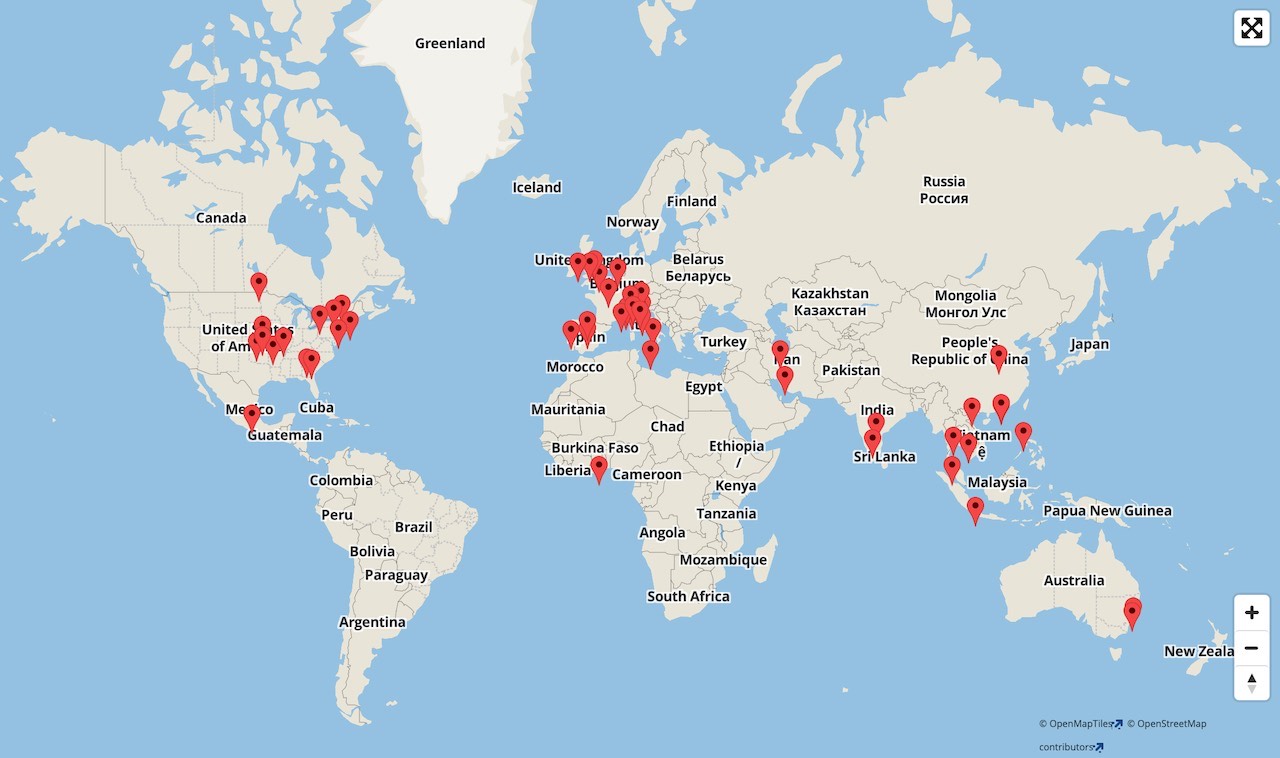
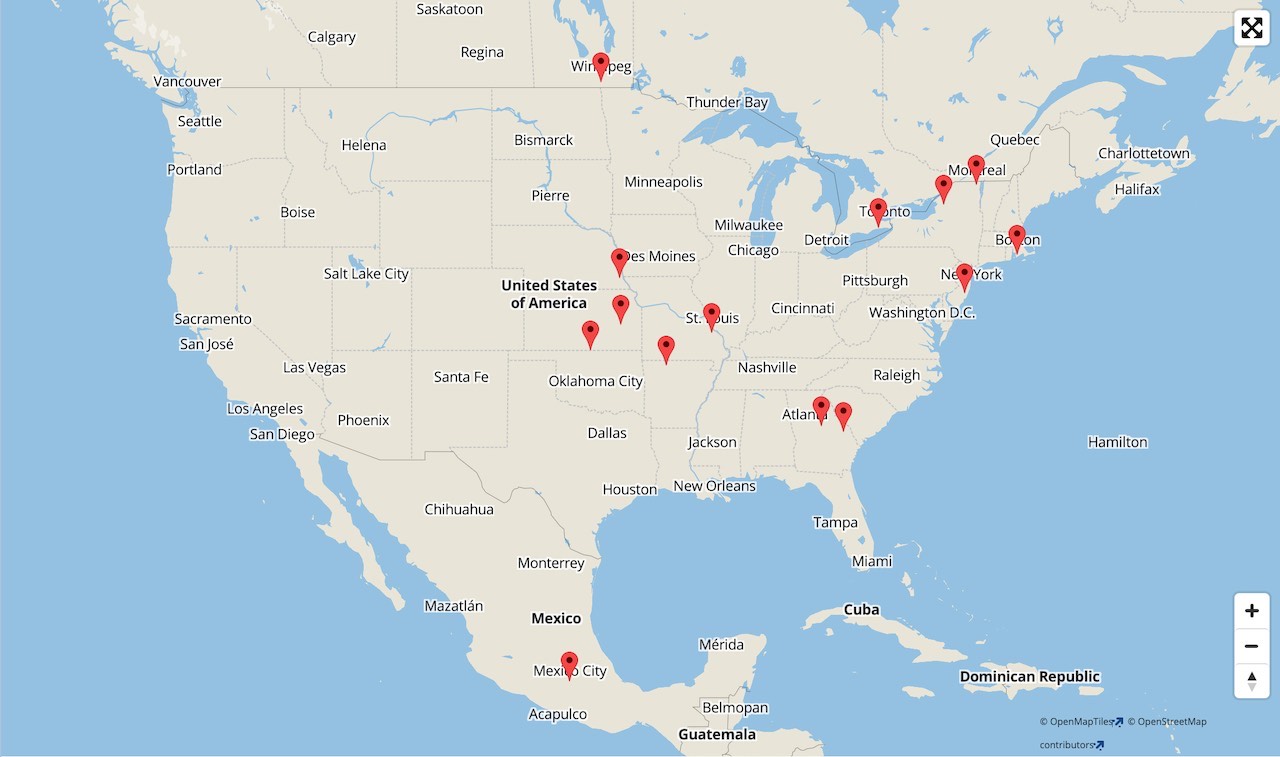
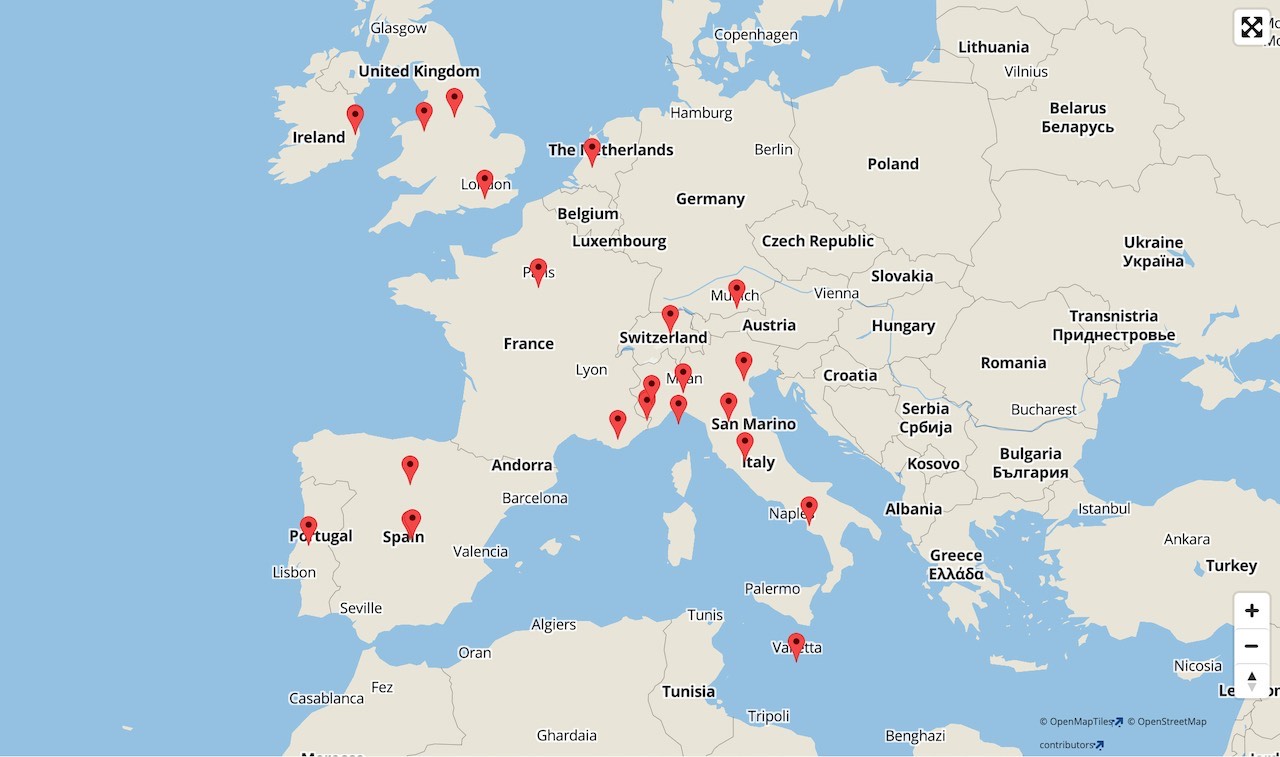

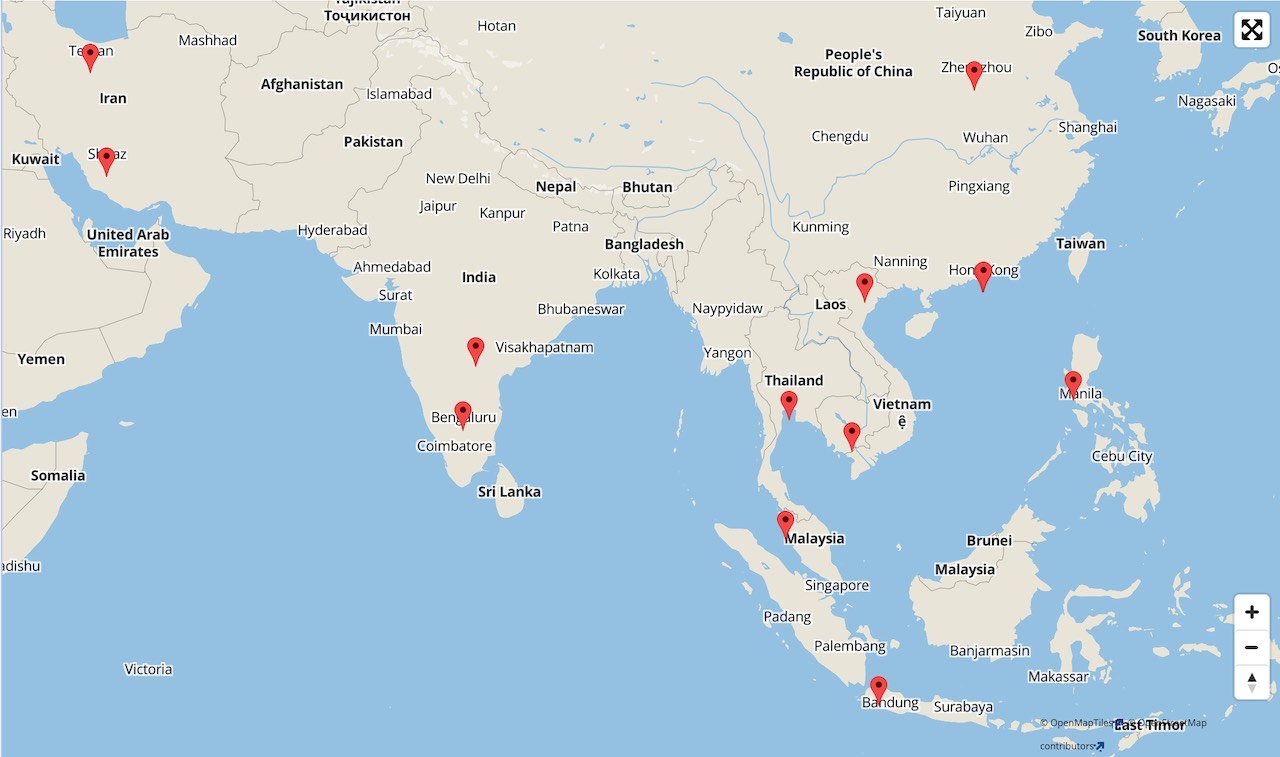
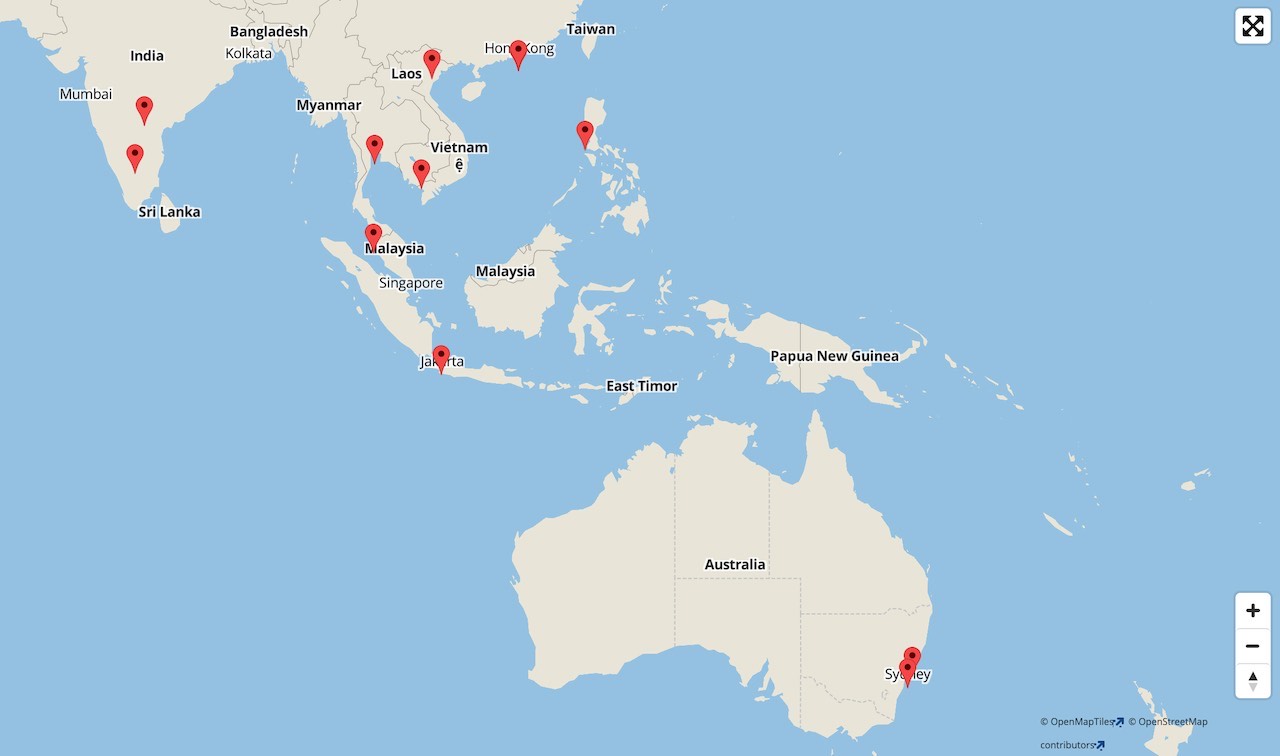
Resources
In addition to the list of suggestions above, we recommend socially responsible investing as well as socially responsible shopping tools like The Good Shopping Guide, available in print or iPhone app versions.
Document History
This document was originally posted on 20090208at0103. On 20091123mo0928 it was updated to include a new video and some minor changes to the text. On 20120110tu0946 it was converted into a page. On 1 Mar 2020 the page visitor maps were added. On 2 Aug 2020, an embedded video that was no longer available was removed.

